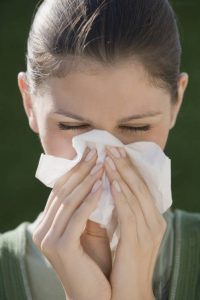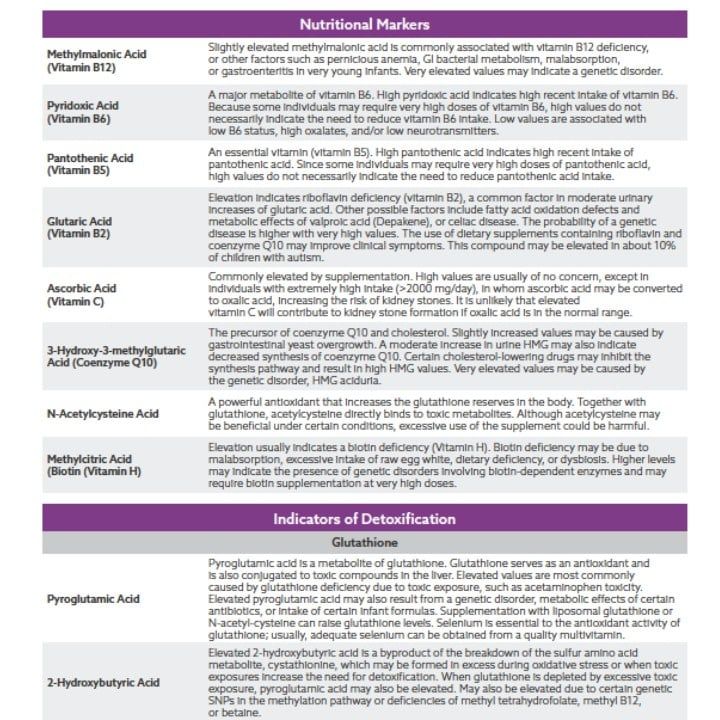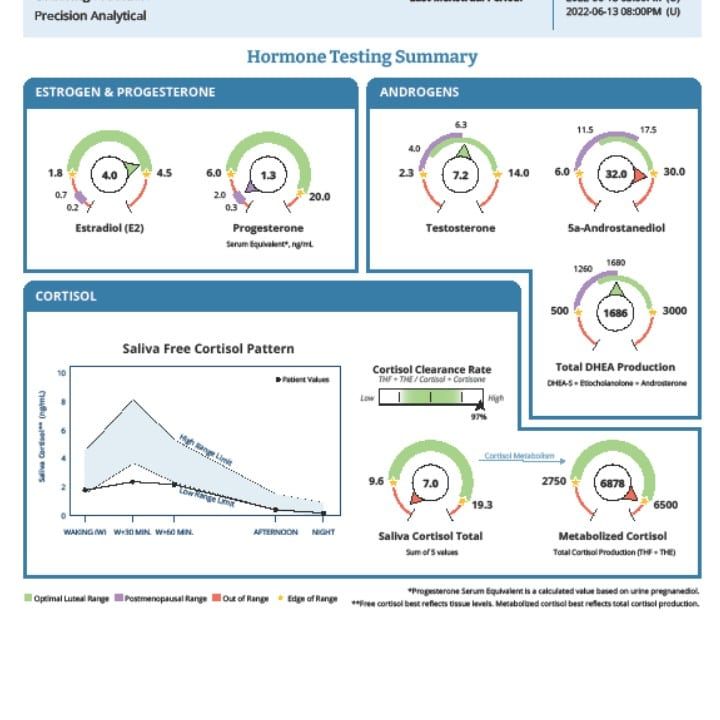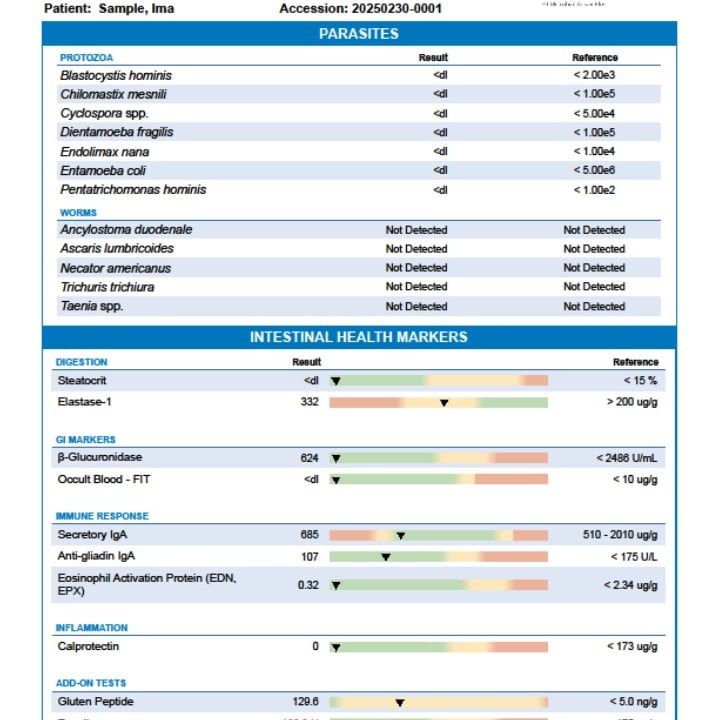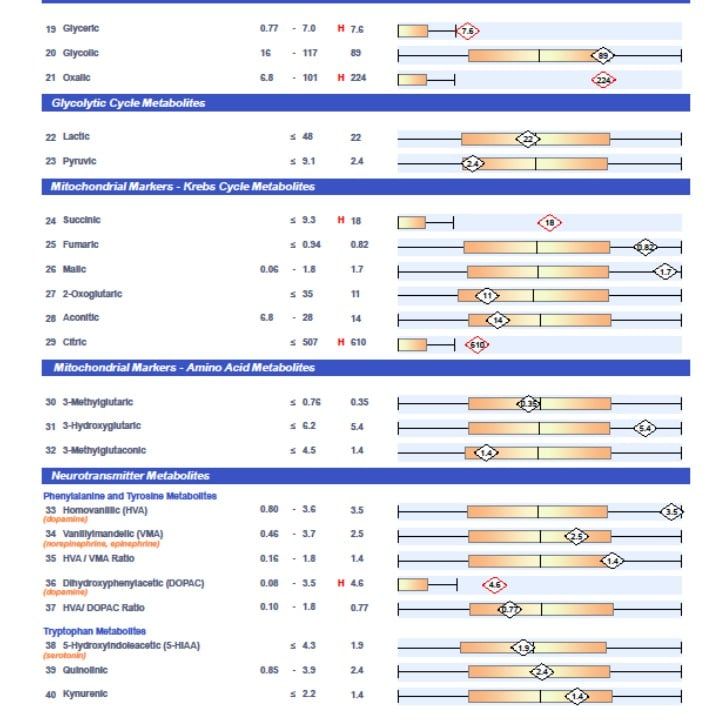Dr. Sonya Nobbe, ND
KFL&A Public Health reports that in 2013, 23% of the ticks brought in for testing were positive for B. Burgdorferi, the infectious agent of Lyme disease. Our region is considered high risk for Lyme disease. Additional infections carried by ticks (collectively known as Lyme co-infections), were not evaluated. Please educate yourself, friends, and family members about tick-bite prevention and treatment. I’ve thoroughly researched and summarized some guidelines to keep in mind this season:
1. Wear light-coloured, long-sleeved clothing with pants tucked into socks, when outdoors in tall grasses and wooded areas so that ticks are more visible.
2. A product containing 30% DEET is officially recommended for adults. For children younger than 12 years, Health Canada recommends using a product with 10% DEET. However, the repelling effects at this concentration may only last for 1 to 2 hours. Alternate approved chemicals for children or sensitive individuals include products with Icaridin (e.g. Avon Skin So Soft, some MEC and OFF! brand products).
3. Non-approved but well researched natural repellants include Lemon Eucalyptus oil (Eucalyptus citriodora), Labrador tea oil (Rhododendron tomentosum), Juniper (Juniperus virginia), and Marjoram (Origanum majorana). These can be mixed in a ratio of 12 parts pure grain alcohol (95% if available), to 1 part oil combination, and applied liberally with a dark glass spritzer bottle over clothing.

 Bio-identical hormones offer treatment options for menopausal symptoms such as insomnia and anxiety. They also play a role in men’s health, and fertility. Dr. Angela Hunt, Naturopathic Doctor at KIHC, is pleased to announce the addition of bio-identical hormone prescriptions to her practice. For more information, please attend her complimentary information session next month, or
Bio-identical hormones offer treatment options for menopausal symptoms such as insomnia and anxiety. They also play a role in men’s health, and fertility. Dr. Angela Hunt, Naturopathic Doctor at KIHC, is pleased to announce the addition of bio-identical hormone prescriptions to her practice. For more information, please attend her complimentary information session next month, or 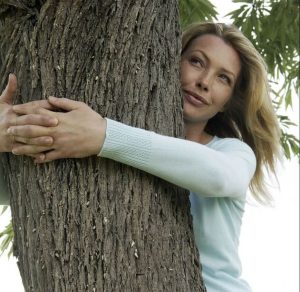 Let us start this off by reminding everyone that menopause is NOT a disease but a natural cycle in a woman’s life. This life cycle can be a bit rough for some, but there are ways to navigate through it more easily. The definition of menopause is one full year without any menstruation
Let us start this off by reminding everyone that menopause is NOT a disease but a natural cycle in a woman’s life. This life cycle can be a bit rough for some, but there are ways to navigate through it more easily. The definition of menopause is one full year without any menstruation